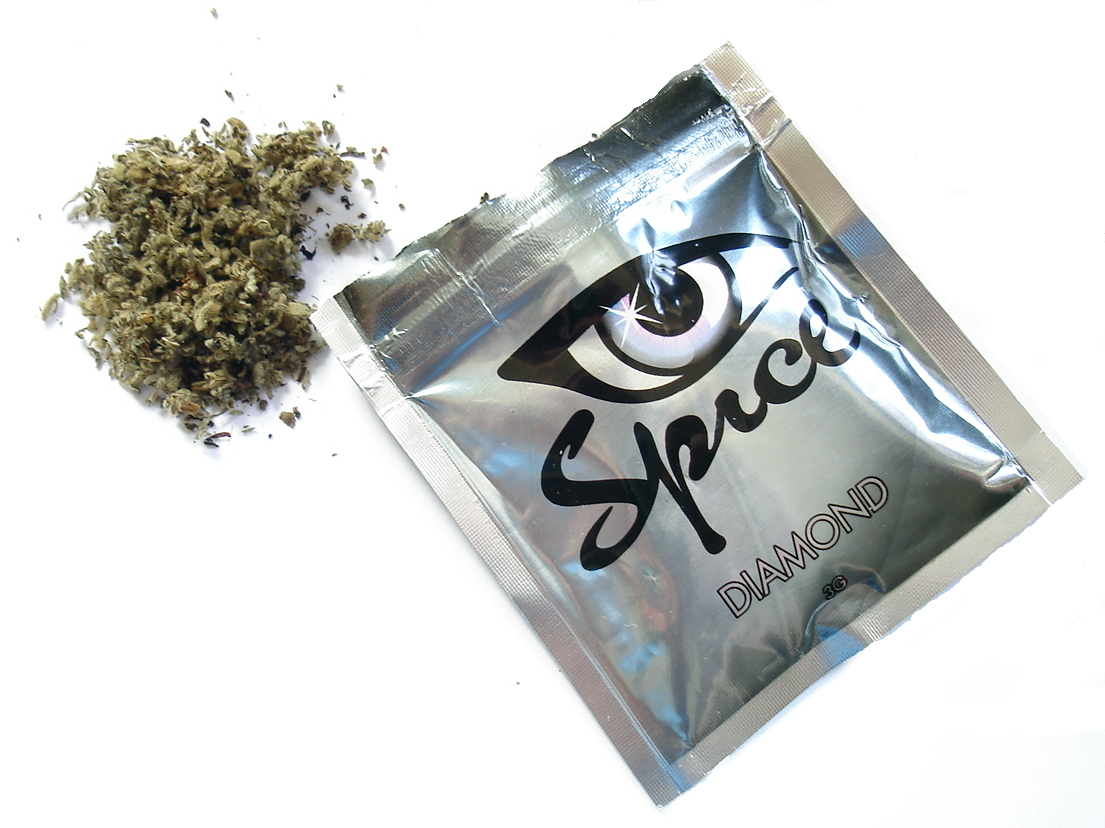This article was published in collaboration with Vice UK.
It’s common knowledge that prisons in the UK have become overcrowded, violent, drug-riddled hellholes. And yet, most of us can’t imagine what it’s really like to live in that hellhole, day in day out. And that’s ok, we don’t have to – we spend our lives walking around in blissful ignorance not really having to think about it.
…But is it ok? Can we really afford to keep ignoring the prison crisis that is getting worse by the day? With cuts to the prison service resulting in dangerously low staff numbers, more drugs are getting into prison than ever before, fuelling violence, debt, bullying and near daily medical emergencies. It is creating an environment detrimental to mental health and rehabilitation, putting both prisoners and staff at risk.
Take HMP Winchester for example, which hit headlines after five men died in custody in a four-month period. An inquest into one of these deaths, 22-year old Daryl Hargrave who ended his life in his cell, found that there had been serious failings in mental healthcare provision, despite repeated signs of self-harm. There are concerns that further deaths may occur.
I spoke to a former prison officer, who worked in HMP Winchester for nine years and who saw with his own eyes the deterioration of the prison system in that time. After years of worsening working conditions, he finally left the prison service in March this year and I wanted to talk to him about his experiences.
This interview has been edited for length and clarity.
Volteface: How low on staff are you really?
The ratio is now around 30 prisoners to one member of staff. You used to have Minimum Staffing Levels that you never fell below, but the Ministry of Justice came up with this idea of ‘Red, Amber or Green’. Green means you have enough staff…can’t remember ever seeing green, every day it was on amber or red. So basically, they were openly admitting that there weren’t enough staff and the prisoners knew it as well. And it doesn’t take a genius to work out that if you’re going to kick off you’re going to wait until it’s on red before you start something, like a riot.
What is the training like for staff?
Totally unrealistic. For example, you are taught the techniques for ‘control and restraint’ as if you have the staff to be able to outnumber a prisoner five to one, which is absolutely incomprehensible. And they’ve recently brought in something called Five Minute Interventions, where you spend two training days with people saying to you “When you see a prisoner doing something that you think is wrong, the way you challenge them is you say: “Don’t you think that you should consider the repercussions of your actions and behaviour?”” I mean, it’s just not appropriate – this is the prison service, not Waitrose or John Lewis.
What has caused the current crisis in prisons?
About four years ago, the prison service closed down a bunch of prisons, including six within a reasonable radius of Winchester prison. They were already full to capacity, so this has caused ridiculous overcrowding.
They also decided to roll out something called “Fair and Sustainable”, which means that new staff coming in will be on a new contract that involves 1/3 less salary. And by having a lower standard of pay, you can’t place the same demands of the people you’re recruiting. And who you recruit is really important – it is a tough environment so you need robust, appropriate people. Instead they started recruiting very young people – some bang on 18 – and they were not prepared for what it’s like to work in a prison. I don’t mean to be disrespectful, but we had girls that were 5ft, 7 stone and sometimes I would go onto a wing and I couldn’t watch the prisoners, because I had to watch for the safety of the staff.
At the same time, the prison service brought in something called “Voluntary Exit Departure Scheme” – what we would know as redundancy. It meant that staff who had given quite a few years and were in a comfortable financial position could rake a nice redundancy package of £2,000 per year that they’d served in the prison service. So, prison officers who had served 20 years were walking away with £40,000 and there was a big sweep of all the experience – gone!
What are the living conditions like for prisoners now?
The fabric of Victorian prisons is appalling. During the day, the acoustics are so loud that you have to speak quite close to people in order to hear them. Cell doors have the observation glass missing, which puts staff and prisoners at risk from abuse. And there are such few staff that basic needs can’t be met – sometimes the smallest things are really important to people. It could be that there is no one to collect their clothes from reception or how piss-poor the food is and how small the portions are. Within the prison population, there are a lot of mental health issues and a massive amount of self-harm. And this is partly because they are living in an environment where the lack of resources and facilities, the bullying and the inconsistency day-to-day is damaging their mental health.
Could you explain a bit about the impact of Spice [synthetic cannabis] in prison?
When people were just smoking cannabis, rightly or wrong, they were just going to chill out and relax, end of story. But the effects of spice are massive and prisoners are regularly being taken to hospital – calls for ambulances to prison has risen by over 40%. When prisoners have to go to hospital, this depletes the resources of the staff, because the minimum number of staff that has to go with them is two and they must stay with them the whole time. It’s not uncommon to have two prisoners in hospital over a weekend, when there is already the bare bones of staff, which means you are down four staff at a critical time. But prisoners are taking Spice because it’s that much cheaper and more available than cannabis, they are numbed by isolation and are being offered it left, right and centre.
Lots of people believe that drugs get into prison because prison officers are corrupt and are bringing them in. Do you think this is true?
Well put it this way, they’ve got to be coming in through the gate somehow. You hear about drones and you hear about drugs being thrown over the wall, but for the prisoner to know what time they are going to be dropped, for them to make sure they are out of their cell and in that place at the right time – you have to have cooperation of some sort. Not to mention, in the last two years I was in that prison I reckon I was searched no more than half a dozen times. So, what are the chances of getting caught if you were bringing in drugs? Every now and then they catch a couple of people, but when you have thousands of low-paid staff working in terrible conditions, who can barely pay their rent, that’s not going to be much of a deterrent.
Once drugs are in the prison, are prison officers being wilfully blind to blatant drug use?
The thing is, if you walk onto a wing and there are these terrible ratios of prisoners to staff, you don’t feel safe yourself. If you do choose to challenge a prisoner you suspect of drug use you need plenty of staff there to have your back. You can then challenge that situation and you know you have support from your colleagues. But now, you are often on your own or you are with new staff who don’t know what they’re doing. If you know drug use is going on, but you’re worried for your own safety, who can blame staff for turning a blind eye?
An inquest into one of the deaths in custody in Winchester prison cited neglect on the part of the prison officers. Why do you think there was neglect?
Again, the reason they may have had to turn their back and not do everything that was needed is because there is no time and they need keep themselves safe. They are absolutely run ragged. They were so short on a regular basis at Winchester prison that at the end of your 12 hour shift they wanted you to report to the Duty manager to be sent elsewhere to help. Two staff were disciplined because when it got to the end to the end of their shift, they didn’t report to the centre. Sometimes you are expected to work ten days of this on the trot.
I got fed up of staff walking out of the prison in tears, of staff breaking down while they were in the prison and staff afraid to challenge prisoners. And for the management to try and blame prison officers for the deaths instead of looking at the system that they have created…it reminds me of historic battles, when the Field Marshalls were sitting ten miles behind the front line drinking port and sending in another regiment to die.
How do you feel about this all now?
It is upsetting to talk about this stuff. I just got to a point in my life where I really couldn’t do it anymore. And the people who came up with these policies and created these situations have no idea – they have never set foot on a prison landing and seen what it’s like. All they were concerned about were the pounds, shillings and pence. Never mind that prisoner assaults have gone up by 40%. Forget the number of ambulances that are having to be called out to prisons. Forget that a number of prisoners are in there because they have mental health issues that are going unchecked and untreated. And those lives that have been lost because of it – it is the people in management that are accountable. The prison service has a duty of care to those in custody and they have betrayed them, they have betrayed their families and they have betrayed the standards of what people would expect when they see a union jack flying outside a prison.
I would be very concerned if I had a family member in the prison service now, be it a prisoner or staff, because they are all at risk. And the sad indictment of this is that I think, sooner or later, a prison officer’s life will be lost. I’ve done a lot of things in my life and I’ve seen a lot of awful things. And I look at some of these people in management and I just think ‘I hope that one day you are held to account for what you have done’.
Abbie Llewelyn is a staff writer at Volteface and tweets @Abbiemunch.


